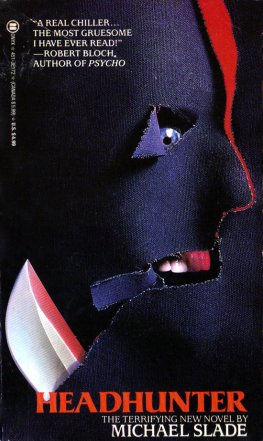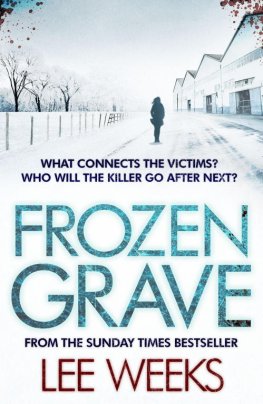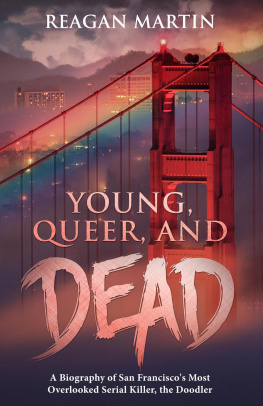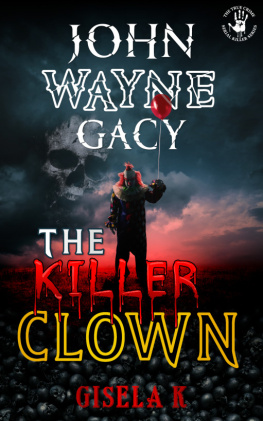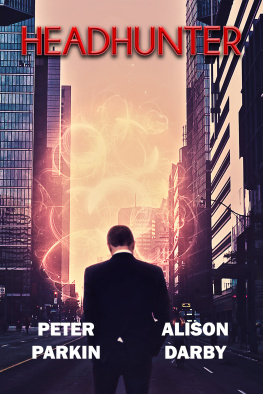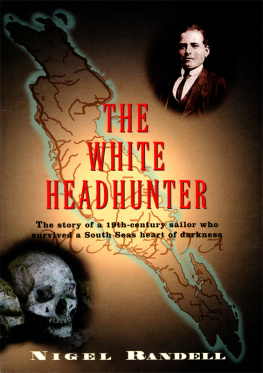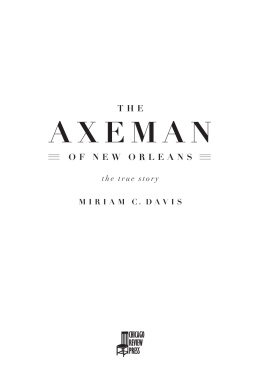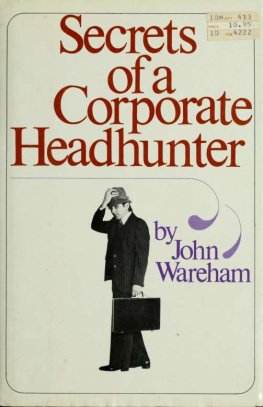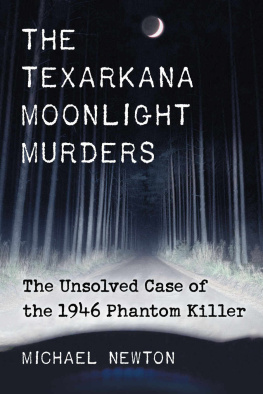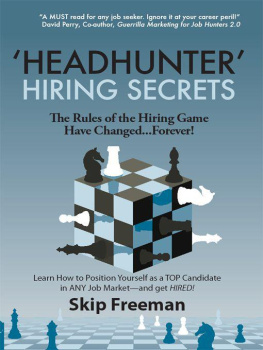
HEADHUNTER
by
Michael Slade
for all the Fathers/Mothers
The mind of man is capable of anything because everything is in it, all the past as well as all the future.
Joseph Conrad
Old is the tree, and the fruit good Very old and thick the wood. Woodsman, is your courage stout? Beware! The root is wrapped about Your mother's heart, your father's bones, And like the mandrake comes with groans.
Robert Louis Stevenson
Medicine Lake, Alberta, 1897
The body hung upside down from the ceiling by nails driven through both feet. The head was missing, the neck severed to expose vein and muscle, artery and bone in a circle of raw flesh. What was left of the man was still dressed in the bright scarlet tunic of the Northwest Mounted Police, the arms, with their sleeves decorated with gold braid now dangling down toward the plank and sawdust floor. A pool of blood as red as the tunic spread out beneath the corpse. There was blood dripping from the tips of the dead man's fingers but the splash of each drop as it hit the pool was drowned out by the slow, incessant, monotonous thud of a drum beating overhead. The drumbeat came from up on the roof beyond the trap door in the ceiling.
Thump thump thump thump
He awoke with a start.
His muscles tense.
His mind alert.
His nervous system taut like a bowstring at full draw.
Under the blanket Blake used as a pillow, his right hand closed on the Enfield's grip and his thumb eased back on the hammer. There was a click as the hammer cocked but its sound was smothered and lost among the coarse cloth folds of the blanket. Slowly, Blake eased the revolver out from under his head and into the bitter cold. Then he lay stock-still in his buffalo robe. Silent. Listening. Waiting.
Thump thump thump
The night was cold and moonless. To the north the aurora borealis flashed and trembled across the frozen landscape, the sheeted light fading in and out with that weird flicker the Indians say is "the Dance of the Dead Spirits." Above Blake's head countless stars pierced the inked-out sky; while off to the east, in the vault of space, rose-colored streaks from a meteor shower stabbed the first faint smudge of dawn. The time was 6 a.m.
During the hours that Blake had slept a storm had burst in from the Arctic, and once more reburied this valley beneath a weight of thick-fallen snow. By 3 a.m. the blizzard had passed. Now frost came down from the cold, dark sky to shroud his camp with ice and all the world seemed to sleep in savage desolation.
Thump thump thum-thump thump
Blake was camped four hundred and fifty feet west of Medicine Lake. It was here in the lee of a clump of pine that he strained his ears to the silence. There was not a sound in the air nor from the frozen earth, yet in his gut, his primal core, Blake knew something was out there.
Enfield in hand, breath held, slowly he rose from the ground.
Wilfred Blake was a tall man with a firm, unflinching eye. He was dressed by regulation in a thick black buffalo coat. Though he was almost sixty years of age, the decades of fighting and exposure had failed to sap his strength. This strength was molded in his shoulders and chest, in his neck, in his backbone as straight as a ramrod down a rifle barrel.
Wilfred Blake was not a reckless man. He had not survived for nineteen years in the British Imperial Army by disregarding his instinct, for instinct had saved him more than once in those many Colonial Wars.
In 1857 Blake had been with the Highlanders stationed on the Ganges, and during the Sepoy Mutiny he had been garrisoned at Cawnpore. It was there that he had slept through the screams of soldiers skinned alive and nailed to makeshift crosses, had seen that well near the Bibighar filled with the heads and limbs and trunks of dismembered British women and children. It had been instinct that had guided his arm for the revenge that was wreaked at Lucknow. where kilted and bloodstained and shrieking "Cawnpore!" again and again and again, Blake had spiked and had slashed with his bayonet, taking no prisoners and feeling the Glory as the bagpipes had driven him on.
Fifteen vears later Blake had been with the Black Watch in Africa: in fact Viscount Garnet Wolseley himself had chosen Blake for the Ashanti Campaign. In 1825 Sir Charles Macarthy had foolishly crossed into Ashanti-foo, where the Africans had killed him and cut off his head, parading the skull once a year through the streets of Comassie. In 1872 London had ordered Wolseley to even the score. It had been strictly on instinct that Blake had survived the Battle of Armoafo, for in wave upon wave the Ashanti had hurled a force five times as large upon the British Colonial Army. Through ambuscade after ambuscade in ever increasing numbers, Blake had ordered the Square to "fire low, fire slow" as a mountain of African corpses had piled up in front of the Black Watch rifles. Later, Blake had found Macarthy's skull and had been awarded the Victoria Cross.
Thus over the years this man had been taught the soldier's ultimate lesson: that intelligence tempered by instinct was the only key to survival.
Instinct had ruled him then, for sure. And instinct ruled him now.
Blake listened. As dawn began to stain the jagged ice-capped peaks to the East, he crouched on his heels and shivered in the keen hoarfrost. The hand which held the Enfield was beginning to go numb.
Thum-thump
Lake water was lapping against the ice ring that crept in from the shore.
Thum-thump
From far away, at intervals, came the lonely hoot of an owl.
Thum-thump
Every now and then a passing breeze would bend the fir trees until their branches whispered like conspirators.
And then there was silence.
Thum-thump
Almost total silence.
The only sound that Blake could hear was the blood-pump in his ears.
When Wilfred Blake had awoken he had been in the grip and torment of an unrelenting nightmare. This black dream had come to him with the hour preceding dawn, and as with the tension that ran through him now, it too had commenced with a pounding in his ears. He began to wonder, as he crouched listening to the beat of his own heart, if perhaps it was only this nightmare that had wrenched him wide-awake.
Eventually this line of thought brought the nightmare creeping back.
Thump thump thump drip
It is not the throbbing that bothers him. Nor is it the dark. It is the bullet marks and knife hacks that slash and scar the walls. For this is a room that has lurked in his mind for almost thirty years. The walls without windows the plank door studded with nails and now firmly bolted shut the hand-hewn logs stacked one upon the other, some with shavings of bark like skin still clinging to the fiber the mud packed between the trunks to fill the gaping spaces: every detail of this room is just as it was back then.
He knows it is a winter month in 1870.
He knows this is the room in the fort where they conduct the Indian Trade.
For close to him are sacks of feed and crates of ammunition. Off to his left against the wall, there leans an open box. The lid of this box, prized off, is lying on the floor. Inside a ruddy smear of candlelight shimmers on a barrel, while next to it are seven crates, one just like another. At twenty carbines to the case, there are one hundred and
The attack came without warning.
As happens in the mountains, the wind had changed direction. A light breeze barely strong enough to turn smoke or twist a feather had sprung up from the west. Instantly two dogs awoke and turned in that direction. The dogs had been sleeping near the sled fifteen feet north of Blake.
Next page
